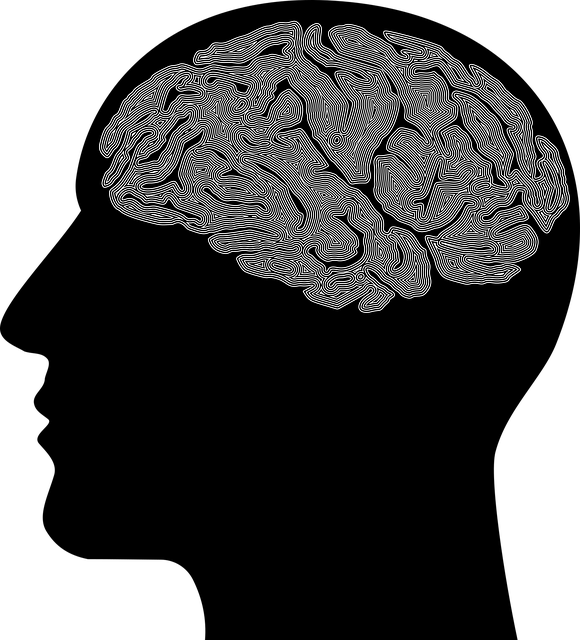Oregon's mental health legal framework is designed to balance individual rights and public safety, offering a comprehensive system that includes mandatory reporting, emergency detention, and involuntary commitment options. The approach emphasizes community-based support, with specialized training for law enforcement officers and robust protections for patient confidentiality. Healthcare providers play a critical role in upholding ethical standards and integrated community services bridge clinical care with daily life. Understanding this framework is vital for both individuals seeking help and those navigating Oregon's mental health care system.
Oregon’s mental health legal framework provides a comprehensive set of protections and services for individuals navigating serious psychological disorders. This article delves into key aspects of Oregon’s mental health laws, exploring legal safeguards, community support systems, healthcare provider responsibilities, and practical guidance for those seeking help through the legal system. Understanding these components is essential for ensuring accessible, compassionate care within the state’s unique mental health framework.
- Oregon's Mental Health Laws: An Overview
- Key Legal Protections for Individuals with Mental Illness
- The Role of Community Services and Support
- Rights and Responsibilities of Healthcare Providers
- Navigating the Legal System: A Guide for Seeking Help
Oregon's Mental Health Laws: An Overview

Oregon has established a comprehensive mental health legal framework designed to balance individual rights and public safety. The state’s laws aim to provide support for individuals experiencing mental health crises while also ensuring fair treatment and due process. Key components of this framework include mandatory reporting requirements for professionals who suspect an individual may be a risk to themselves or others, as well as provisions for emergency detention and involuntary commitment.
These legal protections are in place to guide the interaction between individuals in crisis and law enforcement, mental health professionals, and the judicial system. Oregon’s approach emphasizes community-based services and support, with a focus on recovery and rehabilitation. Understanding these laws is crucial for both those seeking help and those interested in navigating the state’s mental health care system.
Key Legal Protections for Individuals with Mental Illness

Oregon’s mental health legal framework offers several key protections for individuals facing mental illness, ensuring they receive fair and equitable treatment under the law. One of the primary safeguards is the emphasis on voluntary commitment and informed consent. This means that individuals have the right to refuse hospitalization or treatment unless they meet specific criteria, such as posing a danger to themselves or others. The process involves a thorough assessment by qualified healthcare professionals, who must obtain the individual’s consent, explain their rights, and provide information about available alternatives.
Additionally, Oregon law protects the confidentiality of mental health records, ensuring privacy for individuals seeking help. This confidentiality is crucial in encouraging open communication between patients and providers. The state also mandates specific training for law enforcement officers to de-escalate crisis situations involving people with mental illness, promoting a more understanding and less coercive approach to care. These legal protections work together to create an environment where individuals can access the support they need while maintaining their rights and dignity.
The Role of Community Services and Support

In Oregon, the mental health legal framework prioritizes community services and support as essential components for a holistic approach to individual care. Beyond traditional clinical interventions, various non-clinical resources play a crucial role in supporting Oregonians’ mental well-being. These include community-based organizations, peer support networks, and social service agencies that offer a range of services tailored to specific needs. By fostering connections within these communities, individuals facing mental health challenges can access non-stigmatized support systems, enhancing their overall recovery journey.
The framework encourages collaboration between mental health professionals, government bodies, and community groups. This collective effort ensures that the available resources are accessible and tailored to diverse populations across Oregon. Community services bridge the gap between clinical care and everyday life, providing practical assistance, education, and advocacy for those navigating the complexities of their mental health legal rights and responsibilities. Such integrated support systems are vital in fostering resilience, promoting self-care, and ultimately improving outcomes for individuals within the state’s mental health legal framework.
Rights and Responsibilities of Healthcare Providers

In Oregon, healthcare providers play a pivotal role in navigating the state’s mental health legal framework. They have both rights and responsibilities that are crucial to ensuring patient care and adherence to the law. These providers, including psychiatrists, psychologists, and licensed therapists, are mandated by Oregon law to follow strict confidentiality guidelines, protecting patients’ sensitive information from unauthorized disclosure. This confidentiality is a cornerstone of the state’s mental health legal framework, fostering trust between patients and their healthcare providers.
Additionally, healthcare providers in Oregon must adhere to specific ethical standards and professional conduct rules. They are expected to obtain informed consent from patients before initiating treatment, ensuring patients understand their rights and the nature of services provided. These professionals also have a responsibility to document patient care thoroughly and maintain accurate records, which can be essential for legal purposes if necessary. By adhering to these guidelines, healthcare providers not only ensure ethical practice but also contribute to Oregon’s robust mental health legal framework.
Navigating the Legal System: A Guide for Seeking Help

Navigating Oregon’s mental health legal framework can be complex, but understanding your rights and options is crucial for seeking help effectively. The first step involves recognizing when professional support is necessary and reaching out to local authorities or healthcare providers. In Oregon, there are designated crisis lines and community-based services tailored to address various mental health concerns. These resources play a pivotal role in providing immediate assistance during emergencies or when individuals struggle with severe psychological distress.
Once an individual decides to pursue legal avenues for support, they should familiarize themselves with the state’s laws governing mental health care. Oregon has established guidelines and procedures to ensure that citizens’ rights are protected while accessing services. These include mechanisms for obtaining court-ordered evaluations, commitment, and treatment, offering a safety net for those unable to make informed decisions regarding their mental well-being. Understanding these legal processes empowers individuals to actively participate in their care plans and advocate for the support they require.
